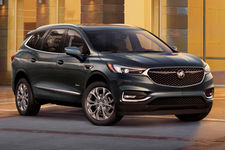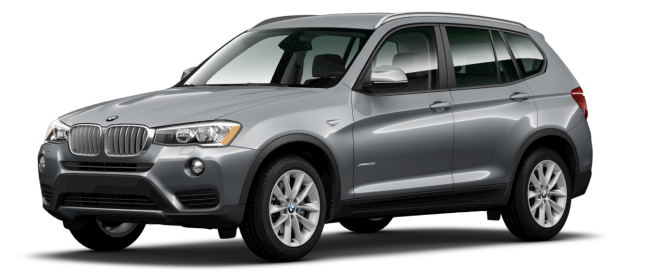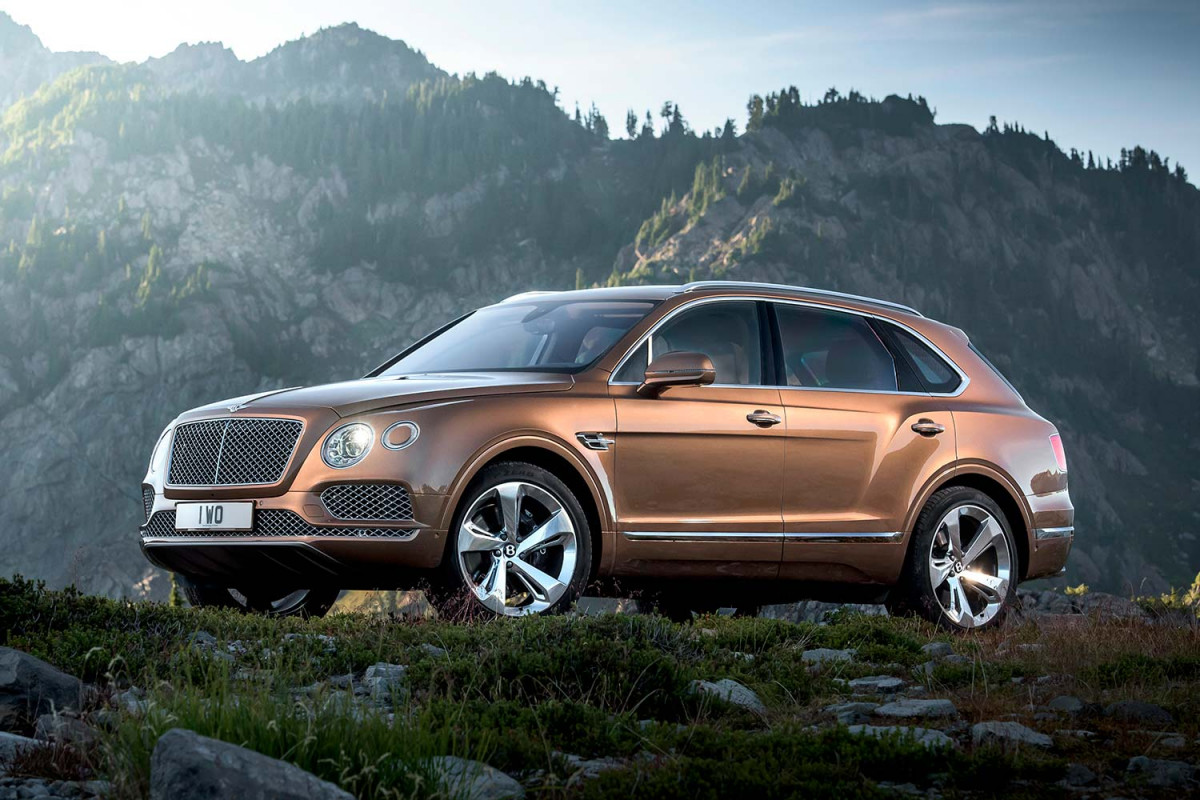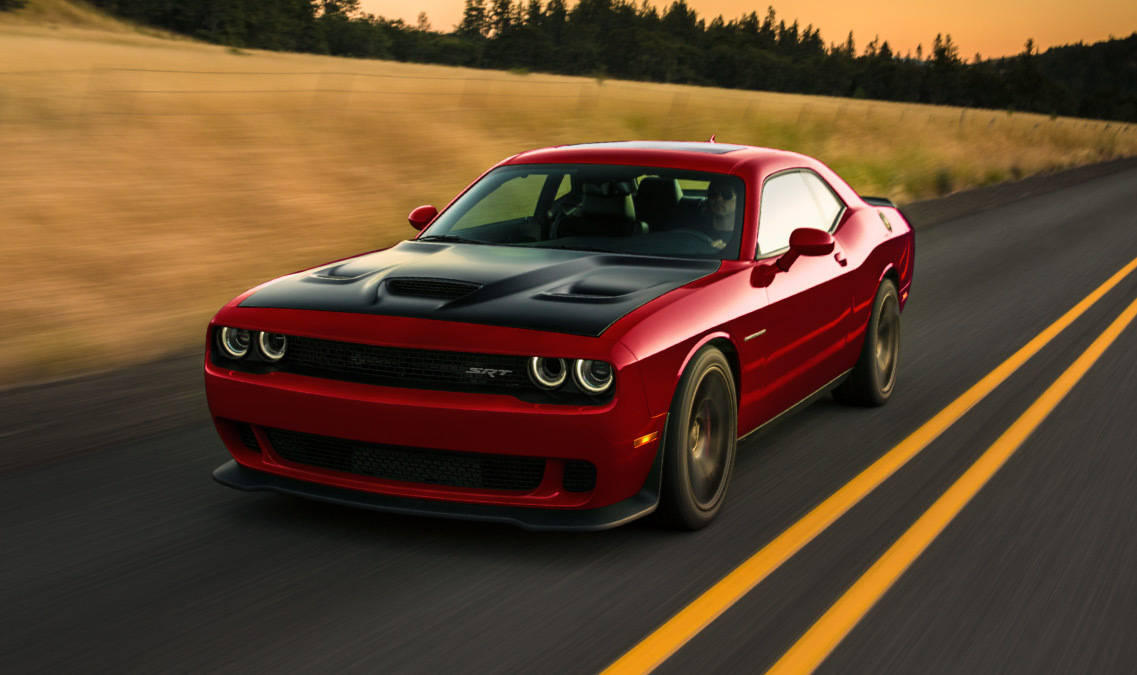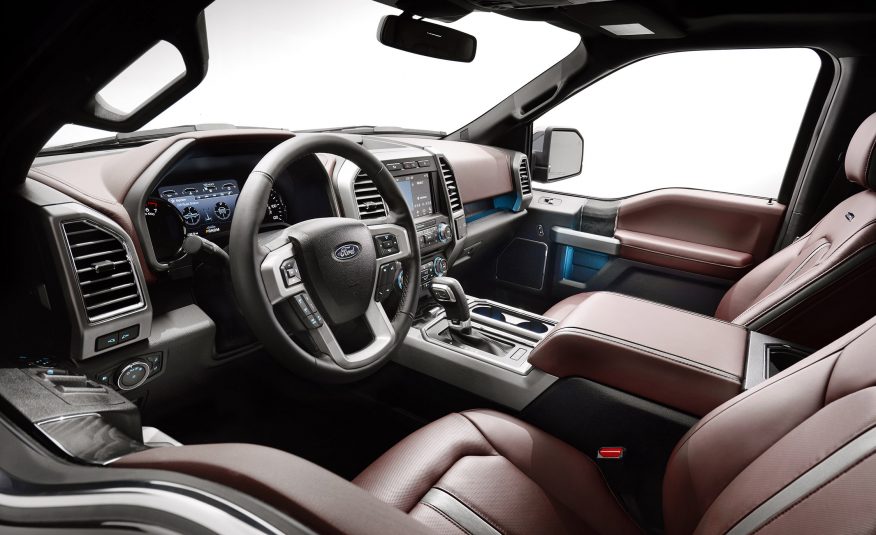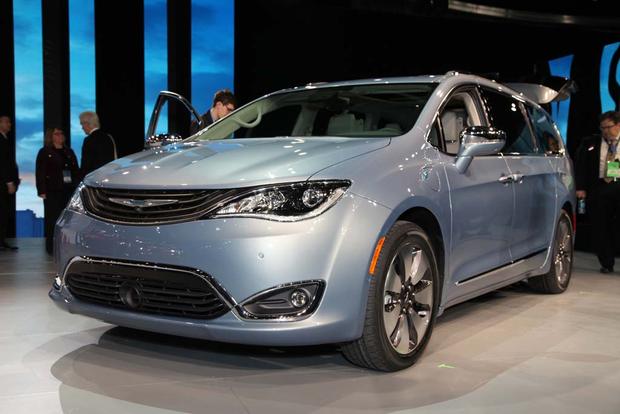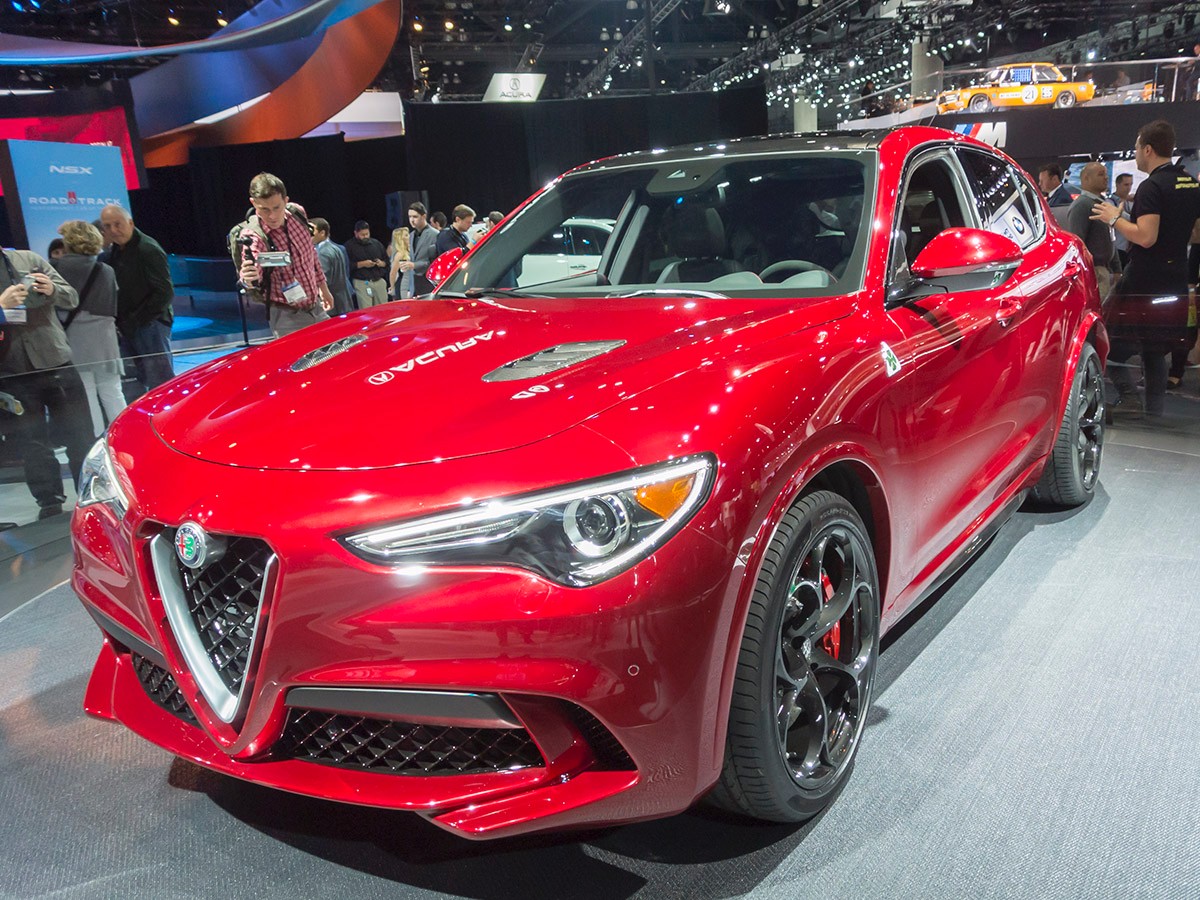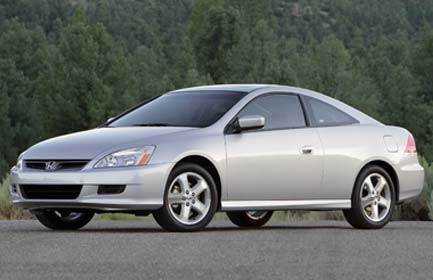-
2018 Buick Enclave “Avenir” will have ionic air purifier - April 12, 2017
-
Lease a Luxury Car for Less Than You Think - April 5, 2017
-
Shopping for a Car When Your Credit is Low - March 31, 2017
-
Aston Martin Closer to Unveiling Second-Generation Vantage - March 21, 2017
-
2017 Bentley Bentayga SUV: Offroad for $238,000 and Up - March 14, 2017
-
Pagani Huayra is Finally Here, Only $2.4M - March 9, 2017
-
Mercedes AMG E63 – For When Your Wagon Needs Drift - February 6, 2017
-
2018 Audi Q5 SUV: Enhanced Performance - January 30, 2017
-
2018 Toyota Camry Due in Late Summer - January 27, 2017
-
2018 Dodge Challenger SRT Demon Will Outstrip Hellcat - January 23, 2017
America’s Leasing Future
Leasing accounts for about 20 to 30 percent of the car-buying population. Over the past year and especially recently, there have been some changes in the automotive leasing industry.
Our Big Three automakers here in the U.S. are either paring back leasing or discontinuing it completely. Certain changes in leasing are related to the economy, which lately seems to be going in a downward spiral. Home foreclosures, tightened credit restrictions, high gas prices, increased food prices, you name it and we’re experiencing it right now.
The losses automakers are taking on vehicles coming off lease are making them re-think their involvement in the leasing business.
“This isn’t necessarily a bad thing though,” says Tarry Shebesta, president of Automobile Consumer Services, Inc.

Tarry’s company includes Web sites www.LeaseCompare.com, www.LowerMyLease.com, www.LeaseSpecials.com and www.FrontRowCars.com. Tarry is also the former president of the National Vehicle Leasing Association.
“This is good for most independent leasing companies,” Shebesta says. “Manufacturers weren’t involved when leases first started.”
“The company or bank (lessor) has to get rid of the vehicle when it comes back off lease. The monthly payment is based on a predicted residual value of the vehicle at the end of the lease. So let’s say at the start of the lease, the value is predicted at $20,000 in three years. In three years, if the market value is only $18,000, the lessor will lose $2,000.”
When vehicles come off lease, the leasing company has to do something with it and try to make money off that vehicle.
“So then the lessor tries to get the lessee to buy the vehicle, they try to get the dealer to buy it or they take it to auction,” he says. “Some banks have residual value insurance but it’s only to a certain point.”
Shebesta says that leasing can withstand the current economic downturn.
“Leasing is kind of recession proof,” he says, “because you will probably get another car when your current lease term is up.”
Who should lease?
If you’re in the market for a new or used vehicle, how do you figure out if you should lease or buy?
“Look at your driving history,” Shebesta says. “How many years did you have a car payment? If the answer is most years or all years, then you’re a perfect leasing candidate. If you always have a car payment, you should consider leasing because generally, a lease payment would be lower and you don’t have to take the risk.”
Taking risk refers to the risk of being stuck with a car that has rapidly depreciated in value if you buy, versus simply turning the car back in at the end of your lease, no matter how low the value has dropped.
Many SUV and truck owners are going through this right now. They are finding that when they go to trade in their mammoth SUV, the value is so low that it isn’t worth it. When you lease, the risk lies with the dealer and manufacturer.
“An advantage of leasing is that you’re not stuck with a low-value vehicle at the end of your lease,” Shebesta says. “You don’t want to be the one taking the risk.”
He also says that leasing helps curb impulse purchases. Some buyers just get the impulse sometimes to drive into a dealership and get a new vehicle that day, for whatever reason.
“You know exactly when your lease will end and when you’ll have to start looking for another car,” Shebesta explains.
Shebesta says that a lower lease payment will help offset the high price of gas right now.
Some people shouldn’t lease a vehicle though. Those who would be getting in over their head with their monthly lease payment obviously shouldn’t lease.
“Leasing in general has always required a higher credit score,” Shebesta says. “Your score should be prime or near prime. Generally, a score of 680 and higher is average to lease a vehicle with most banks.”
With regular financing, consumers have to deal with more repairs the older the vehicle gets. With leasing, the consumer just turns the car back in at the end of the lease term.
How long should consumers lease a vehicle? What’s a good length of time? Shebesta recommends leasing a vehicle for as long as you would normally keep a car you buy.
A potential negative associated with leasing is that the manufacturers really are the ones who control how many consumers are leasing or not, Shebesta says.
“Manufacturers can increase or decrease leasing based on the leasing incentives they give,” he says. “The market can be moved by the offerings from the manufacturer.”
This is something consumers are seeing in the market recently. For example, Ford is increasing the price of leasing some of its trucks and SUVs so high that no buyer would consider paying that much to lease and will be forced to buy.
Leasing a hybrid
Hybrid vehicles are all the rage right now. Drivers of the Hummer H2 and H3 are getting dirty looks from drivers of the Toyota Prius hybrid. Fuel efficiency is now in vogue, and size is out. Suddenly, it’s not cool to drive a huge SUV.
Shebesta says that if you’re considering buying a hybrid, you should consider leasing it.
Since hybrids are still being developed and improved, new versions will continue to be produced, he says.
“Do you want a hybrid car with outdated technology in a few years?” Shebesta says. “As more hybrids are being built, there will be more supply and the price on these vehicles will drop. You don’t want to have paid a lot for your hybrid when in a few years it’s worth much less.”
Leasing a used vehicle
When most people think of leasing, they think of brand-new vehicles. Although not advertised as much, leasing does exist for used vehicles and can be an option for some buyers. Leasing used vehicles is more popular than most people think.
“In any month, we do more used car leasing than new car leasing,” Shebesta says.
“A lot of people buy a used car every three years or so,” says Shebesta. “They should consider leasing because the payments will generally be lower.”
Shebesta says that used car dealers have limited resources to lease a vehicle and most new car dealers don’t promote used car leasing, so you have to bring up the topic.
“Definitely ask if they have used car leasing available,” he says.
Refinancing a lease
If you signed a lease agreement and now the offer for the same vehicle is significantly better, you might consider refinancing your lease. Refinancing a lease can save anywhere from $5 to $70 a month.
“If you leased when rates were higher or the dealer increased the rate on a popular car at the time, you should consider refinancing your lease,” Shebesta says. “You need to shop around though because right now, rates are competitive. Generally, the more expensive the car, the more savings consumers can see from refinancing.”
One of Tarry’s sites, www.LowerMyLease.com, offers more information on refinancing leases.
Future of leasing
Even though leasing a vehicle is becoming more difficult lately due to increased prices and tighter standards, Tarry says his business is doing well.
“Our first six months of 2008 were the best six months in three years,” he says.
“Right now, certain areas and brands of vehicles are leasing more,” Shebesta says. “For us, leasing does well in California, Texas, Florida, New York, New Jersey, Pennsylvania, Illinois and Arizona. Most luxury brands like Infiniti, for example, do well with leasing.”
Shebesta says that leasing should remain steady in the next year.
“The future of leasing will depend on the interest rate. If the rate goes up, leasing will increase. When financing becomes more expensive, people look toward leasing to save money.”
Copyright 2008 AutoLoanDaily.com. All rights reserved. This material may not be published, rewritten or redistributed without permission.
